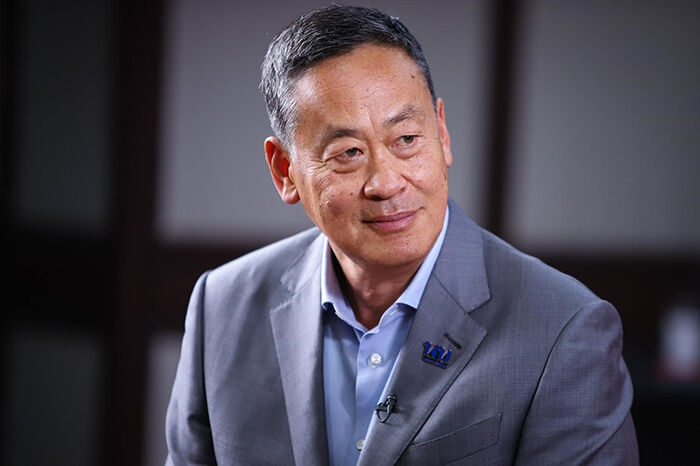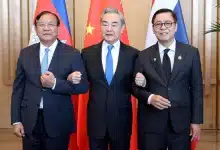Thai PM’s new weapons procurement plan to boost national economy

Prime Minister Srettha Thavisin is moving forward with plans to overhaul Thailand’s armed forces, beginning with a significant shift in weapons procurement procedures, a military source has confirmed.
The new leader had a meeting with the heads of the armed forces last week, where they discussed the new government’s intended course of action concerning military and security matters. During this meeting, the defence minister’s role was assumed by Sutin Klungsang, a civilian and deputy leader of the Pheu Thai party.
Sutin has sought guidance from General Thammarak Isarangkura na Ayudhaya, the former defence minister, regarding his new role and plans to consult with other previous defence ministers as well.
Srettha reassured military leaders that the Pheu Thai-led government harbours no intentions to undermine them, acknowledging their crucial role in national defence.
“Srettha stated that while reform is necessary, it will be gradual.”
In terms of weapons procurement, the 61 year old PM committed to maintaining support for the initiative but insisted that procurement plans would need to offer potential economic benefits for Thailand in return for weapons purchases.
“Any weapons procurement plan will have to be accompanied by a deal to import products from Thailand.”
For instance, a plan to acquire new weapons worth 80 billion baht would need to be partnered with a contract to import agricultural and other products from Thailand, totalling a value of 100 to 200 billion baht.
Thus, the armed forces would need to liaise with the Ministry of Commerce regarding such trade agreements, to ensure the country benefits broadly from any new weapons procurement plans, reported Bangkok Post.
This approach to weapons procurement appears to resemble past plans, although this policy might be somewhat more flexible. A potential downside is that Thailand may need to buy weapons from a particular country, but that country’s demand for Thai goods could be inconsistent.
This barter and counter-trade system was used by the Thaksin Shinawatra administration for an air force plan to purchase fighter jets.
The new defence policies will be officially declared in Parliament once Srettha and his cabinet have sworn an oath to His Majesty the King. The first Cabinet meeting is scheduled for September 12, where various proposals to reduce energy prices and a push to elect a new constitution drafting assembly will be discussed.
The policy statement, which is nearing completion, has been drafted following discussions with coalition partners over the past week.
The United Thai Nation Party (UTN), for example, proposed to incorporate its policies into the coalition’s energy, industrial and financial policies during a meeting with Prommin Lertsuridej, head of Pheu Thai’s team working on the party’s policies and economic affairs committee.
The UTN suggested freeing up oil imports as a potential solution to high oil prices, along with a concurrent proposal to liberalise natural gas imports to help control electricity costs.
Srettha will leave Thailand on September 18 to attend the 78th session of the UN General Assembly (UNGA 78) in New York City, although he will not be able to attend the 43rd ASEAN Summit in Jakarta on September 5-8.
Follow our latest stories on our new Facebook page: CLICK HERE.
Latest Thailand News
Follow The Thaiger on Google News:


























